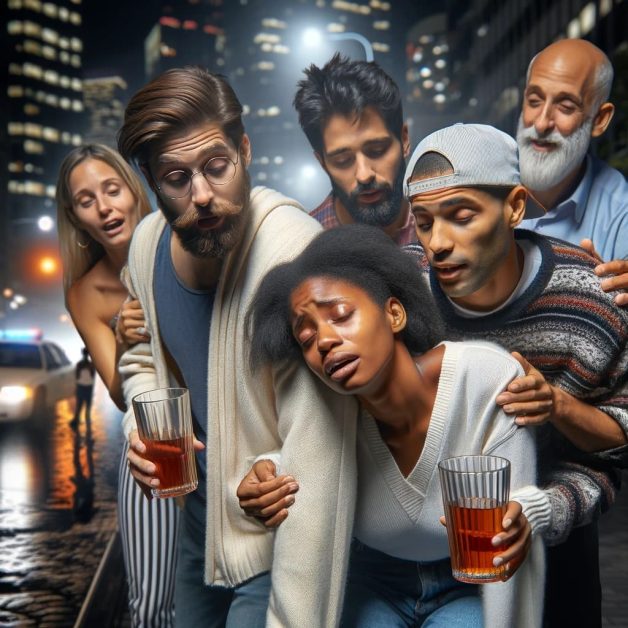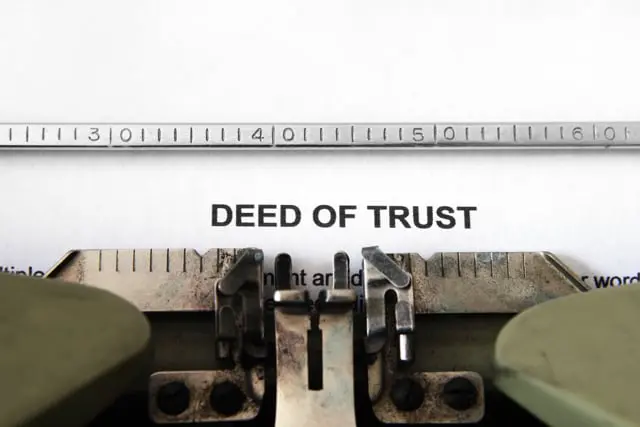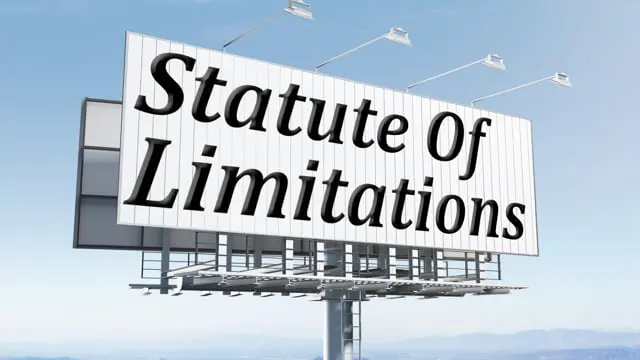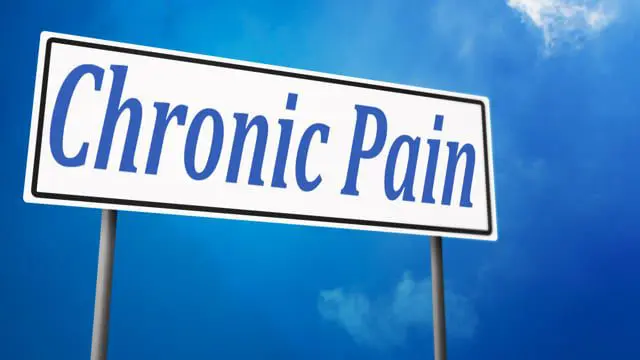Introduction to Public Intoxication Public intoxication, often referred to as drunk and disorderly conduct, is a legal charge typically levied against individuals found visibly intoxicated in public places. The laws governing public intoxication are designed to maintain public order and safety, and they vary significantly from one jurisdiction to another. Understanding these laws is crucial for anyone navigating potential legal repercussions related to alcohol consumption in public. Different states and countries may have varying thresholds for what behaviors and levels of intoxication are deemed illegal, making it essential for individuals to be aware of specific local laws.
The Basics of Public Intoxication Laws Public intoxication laws aim to prevent individuals from disturbing the peace, endangering themselves, or endangering others due to intoxication. In many regions, merely appearing intoxicated in a public place can lead to arrest and charges, even if the individual’s behavior isn’t overtly disruptive. These laws are enforced to reduce public disturbances and ensure safety. It’s important for the public to recognize that these laws are not only about alcohol but can also apply to intoxication from drugs, whether prescription, over-the-counter, or illegal substances. Engaging with public intoxication laws requires an understanding that the definition of ‘public’ can vary widely, often including not only streets and parks but also vehicles and private businesses open to the public.
Legal Definitions and Criteria The legal threshold for what constitutes public intoxication varies. Typically, law enforcement must demonstrate that an individual was unable to exercise care for their safety or the safety of others, or that their behavior interfered with the use or enjoyment of public spaces by others. This might include behaviors such as staggering, loud and unruly speech, or inappropriate conduct. Criteria for arrest can include inability to walk straight, incomprehensibility in speech, or engaging in conduct that could be harmful to oneself or others, such as attempting to operate vehicles or engaging in aggressive behaviors.
Handling Public Intoxication Charges If charged with public intoxication, the consequences can range from a small fine to brief incarceration or mandatory participation in alcohol education programs. It is advisable to consult with a abogado penalista who specializes in public intoxication cases to navigate the legal system effectively. These professionals can often negotiate lesser penalties or even dismissal of charges, depending on the circumstances and the individual’s legal history. An experienced attorney can provide guidance on the best strategies to handle such charges, including challenging the legality of the arrest or arguing for reduced penalties based on mitigating circumstances.
Medidas preventivas y sensibilización pública Prevention is key when it comes to public intoxication. Public awareness campaigns and educational programs can inform individuals about the risks of excessive alcohol consumption and the legal consequences of being intoxicated in public. Such efforts are crucial in communities where public intoxication is a recurrent issue. Establishments serving alcohol can also play a role by training staff to recognize signs of intoxication and by offering safe transportation options for patrons. This helps prevent situations where individuals might attempt to drive while intoxicated or become involved in incidents that lead to arrests for public intoxication.
Role of Law Enforcement Law enforcement officers are typically trained to handle public intoxication by assessing the level of threat an individual poses to public safety. Their primary goal is often to prevent harm rather than to penalize the intoxicated individual unnecessarily. Officers use discretion in determining whether to arrest someone for public intoxication or to take alternative actions such as taking the individual to a safe place or a detox center. Understanding the approach taken by local police can help individuals and communities work together to ensure public spaces remain safe and welcoming for everyone. Effective law enforcement involves balancing public safety with respect for personal freedoms and the rights of the intoxicated person.
Community Impact Communities affected by frequent public intoxication incidents may see a range of impacts, from reduced property values to increased public disorder and reduced quality of life. Strategies to mitigate these impacts include enforcing laws strictly, providing public education on the dangers of excessive alcohol consumption, and offering support services for those struggling with alcohol dependency. Community response strategies might include establishing designated areas where drinking is allowed or improving public transportation to reduce the number of intoxicated pedestrians. Such measures can help maintain the community’s quality of life and reduce the negative impacts associated with public intoxication.
Casos prácticos o ejemplos Public intoxication laws have led to several notable legal cases that highlight their complexities. For instance, the arrest of a celebrity for public intoxication captured media attention and sparked a public debate about the enforcement of these laws. The individual was found asleep in their car parked outside a bar, leading to questions about what constitutes ‘public’ in terms of intoxication laws. Another case involved a college student who was arrested for public intoxication while walking home from a party, even though he was not causing any disturbance. This case raised issues regarding the discretion law enforcement has in such arrests and the impact of these laws on young adults.
These examples underscore the subjective nature of public intoxication charges and the importance of understanding local laws and law enforcement practices. They also highlight the potential for public intoxication laws to affect individuals unexpectedly, emphasizing the need for clear legal definitions and fair enforcement practices.
Análisis comparativo Comparing public intoxication laws across different states reveals a wide range of criteria and penalties. For example, some states treat public intoxication as a minor misdemeanor with a fine, while others may impose more severe penalties, including jail time. Internationally, the approach varies even more widely. In some countries, public intoxication is hardly penalized, focusing instead on rehabilitation and public health approaches, while in others, it can lead to severe penalties, including significant fines and imprisonment.
This variability affects not only the residents of these regions but also tourists and visitors who may be unfamiliar with local laws. A comparative analysis helps underline the importance of contextual understanding of public intoxication laws and the impact of cultural, social, and legal frameworks on their enforcement.
Desglose detallado de las consecuencias jurídicas The legal consequences of public intoxication can extend beyond immediate fines or short-term detention. For instance, a conviction could potentially influence a person’s future employment opportunities, especially in industries that require clean antecedentes penales. Additionally, repeated offenses may lead to more severe penalties and could escalate to felony charges in certain jurisdictions, which carry more significant long-term consequences, including loss of civil rights.
Understanding these potential outcomes is crucial for anyone facing public intoxication charges. It underscores the importance of legal representation and informed decision-making when dealing with such accusations, particularly in jurisdictions with harsh penalties.
Guía paso a paso con imágenes A step-by-step guide to dealing with a public intoxication charge can significantly assist those caught in such a situation. The first step is usually to secure release from detention, which might require posting bail depending on the jurisdiction. Following release, it is essential to attend all scheduled court appearances and to seek legal representation. Visual aids, such as infographics, can help illustrate these steps effectively, providing clear guidance on navigating the legal process from arrest to resolution.
Additionally, visuals can help explain the rights of the accused at each step, from the right to remain silent to the right to legal counsel. These guides can be particularly useful on digital platforms where those seeking quick information can easily understand their options and responsibilities.
Tecnología y herramientas Advancements in technology have introduced new tools that law enforcement agencies use to manage public intoxication. For example, portable breathalyzers are commonly used by officers to assess the level of intoxication in individuals suspected of being drunk in public. These tools provide immediate data that can support an officer’s decision to arrest or release an individual.
Moreover, body cameras worn by police officers can also play a crucial role in documenting public intoxication arrests, providing an unbiased record of the accused’s condition and behavior at the time of the arrest. This technology is crucial for ensuring transparency and accountability in public intoxication enforcement.
Elementos interactivos Interactive elements such as online legal forums and virtual consultations can provide immediate assistance to those dealing with public intoxication charges. These platforms allow individuals to ask questions and receive advice from legal experts without the need to schedule a face-to-face meeting. Additionally, mobile apps designed to educate on local laws and provide asesoramiento jurídico can empower individuals to better handle encounters with law enforcement regarding public intoxication.
Sección FAQ
- What should I do if I am arrested for public intoxication?
- Remain calm, do not resist arrest, and exercise your right to remain silent. Seek representación legal as soon as possible.
- Can public intoxication charges be challenged in court?
- Yes, charges can be challenged based on the circumstances of the arrest, the behavior exhibited, and the accuracy of any tests used to determine intoxication.
- Are there alternatives to penalties for public intoxication?
- Some jurisdictions offer diversion programs that include alcohol education and community service as alternatives to fines or jail time.
Cambios y tendencias legislativas Recent legislative trends indicate a shift towards more rehabilitative approaches to public intoxication, particularly as it relates to public health. Several states have begun to decriminalize public intoxication, instead opting for protective custody or mandatory detoxification programs rather than incarceration. These changes reflect a broader understanding of public intoxication as a public health issue rather than solely a criminal matter.
Consideraciones éticas The enforcement of public intoxication laws raises several ethical considerations, particularly regarding the treatment of individuals with substance abuse issues. There is ongoing debate about the best approach to public intoxication, with arguments for both more compassionate, health-focused responses and for strict enforcement to maintain public order. Balancing these perspectives requires careful consideration of ethical, legal, and social implications.
Conclusión Navegar por las complejidades de public intoxication laws requires a sound understanding of legal definitions, potential consequences, and the rights of the accused. By staying informed and engaging with community and legal resources, individuals can better manage the implications of these charges. For those facing legal challenges related to public intoxication, seeking qualified legal advice is an essential step toward protecting their rights and achieving a favorable outcome. This guide serves as a starting point for understanding how to deal with public intoxication legally and responsibly.
Type of Attorney for This Type of Legality to Represent the Client and How to Find Them on Attorneys.MediaDealing with public intoxication charges often necessitates the expertise of a abogado penalista specialized in alcohol-related offenses. Such attorneys are well-versed in the nuances of local laws and can provide guidance on the best course of action, whether it’s negotiating plea deals or representing clients in court. On Attorneys.Media, users can search for attorneys by specialty and location, and review detailed profiles to choose a lawyer who best meets their needs. Many attorneys offer free initial consultations, which can be particularly beneficial. These consultations provide an opportunity to discuss the specifics of the case and to assess the attorney’s approach and compatibility with the client’s needs. Furthermore, it is advisable for those seeking representación legal to consider attorneys who advocate for alternative resolutions, such as diversion programs, which may not only lead to better outcomes for the client but also contribute to their long-term well-being. By utilizing resources like Attorneys.Media, individuals can find experienced lawyers who can effectively navigate the complexities of public intoxication charges.








